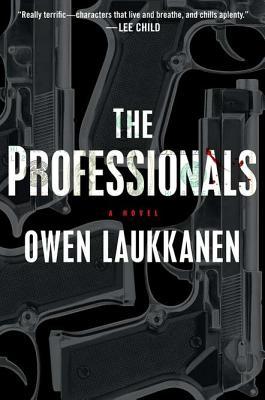I’ve got good news and bad news.
Despite its status as A&E’s top-rated drama series, “Longmire” has been canceled by the cable channel.
We heard a variety of explanations given when the news broke a few days ago. A&E didn’t value the older-than-the-most-coveted-demographic age of the audience. A&E didn’t own the series and thus made less money from it.
TV is a totally screwed up industry.
So with the finish of the third season still fresh and the possibility that the series might continue on another channel or even online, we’ll mourn “Longmire” and hope for more adventures of the crusty Wyoming sheriff and his posse.
“Longmire” the TV series had a great cast and average-to-above-average stories that settled into author Craig Johnson’s characters and settings more as the series progressed.
But the series never topped Johnson’s stories. And I don’t think I’ve ready any 10th book in a series that felt as assured as “Any Other Name,” Johnson’s latest Longmire novel.
Sure, Robert B. Parker’s Spencer series and Lee Child’s Jack Reacher books are dependably, consistently fun. And maybe Johnson just hit a high point with “Any Other Name.” But the book series feels like it’s gotten a second wind, so compelling and accomplished does “Any Other Name” feel.
Johnson can’t go too far wrong when he focuses on Walt Longmire, of course. Select members of his supporting cast bring a lot to the stories, and he includes three of them here: Walt’s longtime best friend, Henry Standing Bear; Vic Moretti, Walt’s chief deputy and sometime paramour, and Lucian Connally, Walt’s predecessor as sheriff.
Lucian asks Walt’s help in finding out why his old friend, a cop in another county, killed himself. Before long, they determine that the cop’s death was caught up in a scheme involving missing women and human trafficking.
Johnson’s writing is so heartfelt but so wry, so funny but so hard-nosed, that it didn’t seem likely that he could top his previous books.
But I really think he did with “Any Other Name.” The story has the quirky charm of all of the author’s previous modern-day westerns with a clear and concise mystery.
And it feels like Johnson had a hell of a time writing “Any Other Name.” I just hope he had as good a time writing it as I had reading it.










